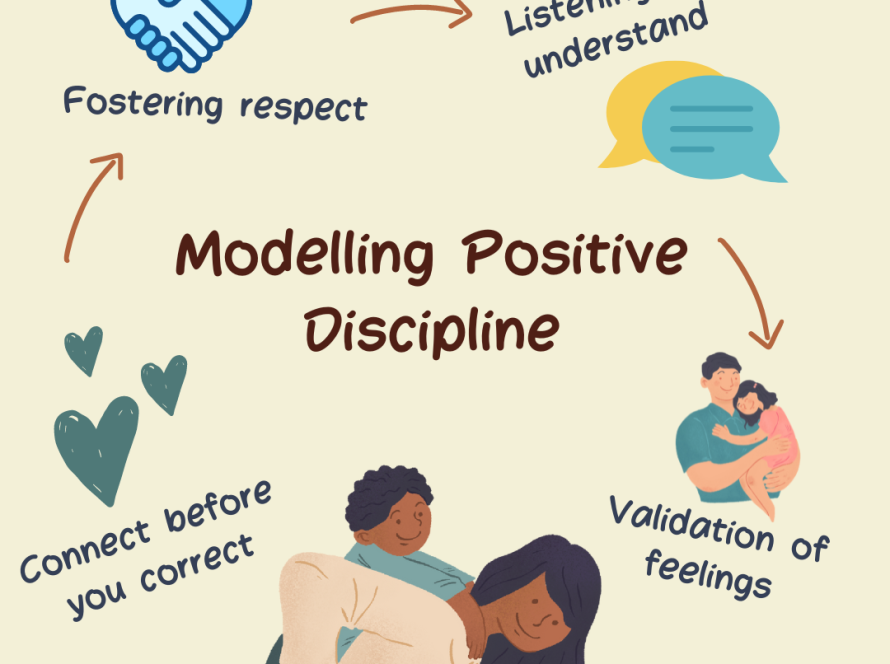By Providence Domines (Men of Integrity)
Domestic violence (DV) is a pervasive and deeply damaging issue that affects individuals of all ages, including vulnerable children. The ripple effects of domestic violence often extend beyond the immediate victim, leaving lasting scars on children who witness or experience abuse in their homes. Addressing domestic violence is not only about protecting adults but safeguarding the well-being and futures of children as well. As rates of domestic violence remain alarmingly high, this issue demands urgent attention and action, particularly in the realm of child protection.
Understanding Domestic Violence and Its Impact on Children
Domestic violence involves a pattern of abusive behavior in intimate relationships, where one person seeks control over another through physical, emotional, financial, or sexual abuse. It is important to recognize that children, whether directly abused or not, are deeply affected by witnessing violence in their homes. According to UNICEF, 1 in 4 children globally live in households where domestic violence occurs. These children are more likely to suffer emotional trauma, developmental issues, and, in some cases, perpetuate the cycle of violence in their future relationships.
Types of Domestic Violence
Domestic violence manifests in many forms, making it challenging to detect and intervene. Understanding these types can help protect both adults and children:
- Physical Abuse: Involves hitting, slapping, choking, or other forms of physical aggression that can leave visible injuries.
- Emotional Abuse: This subtle yet damaging abuse includes manipulation, verbal assaults, gaslighting, and intimidation, eroding the victim’s mental health and self-worth. Children exposed to this may develop anxiety, depression, or behavioral problems.
- Verbal Abuse: Insults, threats, and humiliation are often used to degrade and control the victim, affecting both partners and children in the household.
- Financial Abuse: The abuser controls financial resources, making the victim dependent. Children in such households may suffer from lack of access to education, healthcare, and basic needs.
- Sexual Abuse: Forcing or coercing sexual acts without consent not only violates the victim but can also deeply disturb any children who may witness or suspect the abuse.
- Digital Abuse: In today’s world, abusers may use technology to stalk, harass, or control victims, creating an atmosphere of fear and insecurity that affects children’s sense of safety.
The Devastating Impact of Domestic Violence on Children
Children exposed to domestic violence face numerous risks to their physical, emotional, and psychological well-being:
- Emotional Trauma: Witnessing abuse can cause long-term emotional distress in children, including anxiety, depression, and post-traumatic stress disorder (PTSD).
- Developmental Delays: Children in violent homes may struggle with cognitive development, academic performance, and social relationships.
- Behavioral Problems: Exposure to violence can lead to aggression, defiance, or withdrawal in children, who may mimic abusive behaviors or struggle to form healthy attachments.
- Risk of Abuse: Children who witness domestic violence are at higher risk of becoming direct victims of abuse themselves, perpetuating a dangerous cycle of violence.
Warning Signs in Children
Identifying domestic violence early is key to protecting children. Some signs that a child may be affected include:
- Behavioral Changes: Sudden withdrawal, aggression, or excessive fear of adults.
- Sleep Issues: Nightmares, insomnia, or bedwetting.
- Developmental Regression: Children may revert to earlier developmental stages, such as thumb-sucking or losing language skills.
- Poor Academic Performance: Inability to concentrate, frequent absences from school, or declining grades.
Start acting today!
Domestic violence is not just a crisis for adults—it is a profound threat to the safety, development, and future of children. Protecting children from the devastating effects of domestic violence requires a multi-layered approach involving families, communities, legal systems, and healthcare providers. By breaking the silence and working together, we can create safer homes, empower survivors, and prevent the cycle of abuse from continuing into the next generation.
A child’s well-being should never be compromised—domestic violence must be addressed with the urgency it demands to protect the most vulnerable among us.


